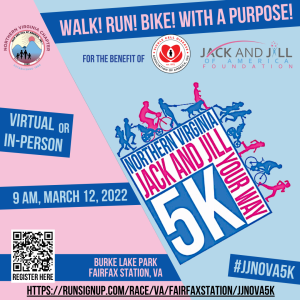March 2022 – The Sickle Cell Disease Association of America’s Medical and Research Advisory Committee notes that news about COVID-19 continues to emerge. Monitor your state or local health department for more information. Below are some updates and suggestions for individuals with sickle cell disease.
Several studies have examined the effects of COVID-19 infection in individuals in the sickle cell community and shown concerning results to include:
- Individuals with sickle cell disease do have higher risks for severe COVID-19 disease and hospitalization compared to those of the same age without sickle cell disease. Poor kidney function raises the risk for severe COVID-19. A blood flow problem in the lungs called pulmonary hypertension also raises the risk for severe COVID-19.
- COVID-19 infection often triggers sickle vaso-occlusive pain in adults. This type of crisis can cause the most intense pain an individual with sickle cell has ever experienced.
- COVID-19 infection can also trigger sickle acute chest syndrome. Not everyone gets the same problems and children might have mild cases, but severe disease and death are unpredictable.
- The American health care system has not solved the issues of racial and ethnic disparities in health
during the pandemic. People of color have a higher risk of COVID-19 complications and are dying from COVID-19 at younger ages.
The positive news is:
- The risk of death from COVID-19 for those with sickle cell disease is not as high as the risk of death from COVID-19 in patients who are receiving an organ transplant or are in active chemotherapy for cancer.
- Sickle cell trait does not present a higher risk of severe COVID-19 or death.
The COVID-19 vaccine is safe, and the vaccine’s risks to individuals with sickle cell disease are very low when compared to the risks of a COVID-19 infection.
COVID-19 vaccines have now been given to tens of thousands of people with sickle cell disease across many countries for at least 14 months. People with sickle cell report about one to two days of side effects, which is about the same as reports from the general population.
SCDAA MARAC members have found that very rare cases of sickle cell pain have been reported after vaccination for COVID-19.
ACTIONS YOU CAN TAKE
- Stay up to date with your COVID-19 vaccines.
- If you feel comfortable wearing a mask, you can. You are at risk. Don’t be bullied.
- Continue medications and preventive care for sickle cell disease.
- Seek care when needed. Do not delay getting care for your medical condition. Health care professionals have infection prevention plans to help protect you from getting COVID-19 if you need care. If you have sickle cell disease and do not have a regular doctor, we strongly recommend that you connect with one.
- Keep up with your state or local health department for more information.
TEST SOON AND TREAT EARLY (CDC infographic in English and Spanish)
- Americans can request free COVID-19 tests mailed to your home. To learn more, visit COVIDtests.gov.
- If you have symptoms that are suspicious for COVID-19, take a home COVID-19 test or get tested in a medical facility.
- Several treatment options are now available for an individual with sickle cell disease who tests positive for COVID-19. Treatments can prevent a mild infection from leading to severe disease, hospitalization or death. Click here to learn more. Ask your doctor or pharmacist for the treatment that is used for your location, age and medical condition.
This statement has been provided by members of the Sickle Cell Disease Association of America’s Medical and Research Advisory Committee.
Read More

